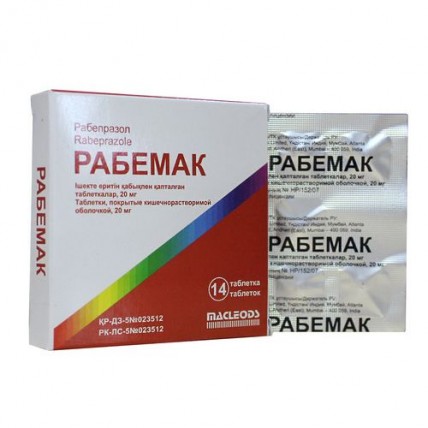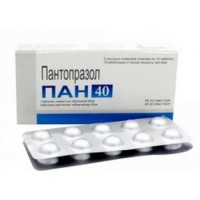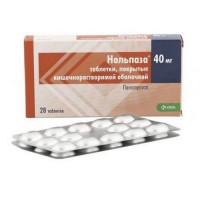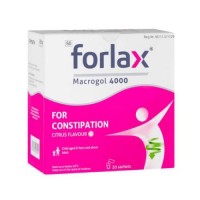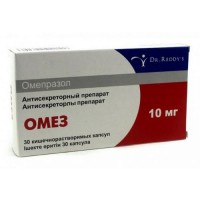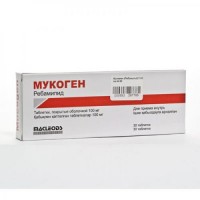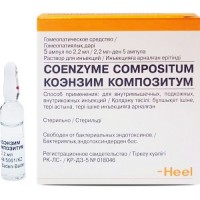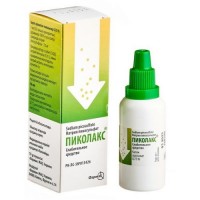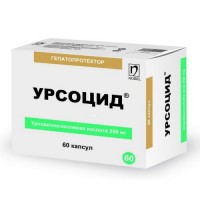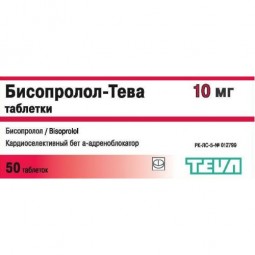Rabemac (Rabeprazole) 20 mg, 14 tablets
- $21.70
What is Rabemac (Rabeprazole) 20 mg?
Rabemac is a medication that contains Rabeprazole, a member of the proton pump inhibitor (PPI) class of drugs. It is primarily used to reduce stomach acid production and is effective in treating a variety of digestive conditions such as acid reflux (gastroesophageal reflux disease or GERD), peptic ulcers, and Zollinger-Ellison syndrome. By lowering the amount of acid in the stomach, Rabemac helps alleviate symptoms like heartburn, difficulty swallowing, and persistent cough, as well as promoting the healing of ulcers and damage caused by acid.
The tablets are enteric-coated, meaning they are designed to bypass the stomach and dissolve in the intestines, which protects the medicine from stomach acid and ensures its effectiveness.
How Does Rabemac Work?
Rabemac contains Rabeprazole, which works by blocking the enzyme in the stomach that produces acid. This leads to a reduction in acid levels, giving the esophagus and stomach lining time to heal and reducing the symptoms associated with excess acid production.
Rabeprazole is particularly useful for treating conditions that worsen with acid exposure, such as peptic ulcers, GERD, and complications like erosive esophagitis. The reduction in acid also makes it easier for the stomach and intestines to absorb other medications and nutrients.
How is Rabemac Used?
The recommended dosage of Rabemac for adults is 20 mg once daily, usually taken in the morning, preferably before meals. The duration of treatment varies depending on the condition being treated:
- Duodenal ulcers: The typical treatment lasts 4 weeks, though some patients may need an additional 4 weeks if the ulcer has not fully healed.
- Benign stomach ulcers: Healing typically occurs within 6 weeks, but some patients may require another 6 weeks of therapy.
- GERD: Treatment usually lasts 4 to 8 weeks, depending on the severity of the condition.
- Zollinger-Ellison syndrome: This condition requires a personalized dosage, starting at 60 mg per day, and can be increased depending on the patient's needs.
In addition to treating ulcers and GERD, Rabemac can be used as part of a 7-day combination therapy to eradicate Helicobacter pylori when taken alongside antibiotics such as clarithromycin and amoxicillin.
What Conditions Does Rabemac Treat?
Rabemac is prescribed for several conditions related to excess stomach acid production, including:
- Duodenal ulcers (during flare-ups)
- Benign stomach ulcers (during flare-ups)
- Erosive or ulcerative gastroesophageal reflux disease (GERD)
- Long-term maintenance of GERD (to prevent relapse)
- Zollinger-Ellison syndrome (a condition that causes the stomach to produce too much acid)
- Eradication of Helicobacter pylori (in combination with antibiotics for patients with ulcers)
What Precautions Should Be Taken Before Using Rabemac?
Before starting treatment with Rabemac, it is essential to rule out the presence of stomach cancer, as the medicine can mask the symptoms of more serious conditions. People who have a known allergy to Rabeprazole, PPIs, or benzimidazoles should avoid this medication.
If you are on long-term therapy (more than one year), regular check-ups are recommended. Long-term use of Rabemac can lead to complications like osteoporosis, hypomagnesemia (low magnesium levels), and even kidney inflammation.
Patients should be advised to swallow the tablets whole. Do not crush, chew, or break them, as this could affect how the medicine is absorbed and how well it works.
Can Rabemac Interact with Other Medications?
Rabemac can interact with other medications, particularly those that rely on the acidity of the stomach for absorption. For example:
- Ketoconazole, an antifungal medicine, may not be absorbed properly if taken with Rabemac.
- Digoxin, used to treat heart conditions, may see increased absorption, which could lead to higher-than-normal levels in the bloodstream.
For this reason, patients taking ketoconazole, digoxin, or any other medications that are affected by stomach acidity should consult their healthcare provider. Additionally, Rabemac is not recommended for use with atazanavir, an HIV medication, as it can reduce its effectiveness.
However, there are no significant interactions between Rabemac and common antacids.
What Are the Possible Side Effects of Rabemac?
Rabemac is generally well-tolerated, but as with any medication, it can cause side effects. Common side effects include:
- Headache
- Dizziness
- Diarrhea
- Nausea
- Abdominal pain
- Fatigue
In rare cases, more severe side effects may occur, including:
- Kidney inflammation (interstitial nephritis)
- Severe magnesium deficiency (hypomagnesemia), which can cause symptoms like muscle spasms, dizziness, or irregular heartbeats.
- Bone fractures (especially in the hip, wrist, or spine), particularly if Rabemac is used at high doses or for a long duration.
Additionally, long-term use of Rabemac may make it harder for the body to absorb vitamin B12, which could lead to a deficiency. Patients on prolonged therapy should have their vitamin B12 levels monitored.
How Should Rabemac Be Stored?
Rabemac should be stored in a dry place, away from direct light, and at a temperature of no more than 25°C (77°F).
It should be kept out of the reach of children.
Do not use the medication after its expiration date.
What Should I Do if I Miss a Dose?
If you miss a dose of Rabemac, take it as soon as you remember.
However, if it is almost time for your next dose, skip the missed dose and continue with your regular dosing schedule. Do not double the dose to make up for the missed one.
What Should I Do in Case of Overdose?
In case of an overdose, the symptoms are typically mild and align with the known side effects of Rabemac.
There is no specific antidote for an overdose of Rabemac. Treatment is usually supportive, based on the symptoms experienced.
Since Rabeprazole binds to proteins in the blood, it cannot be removed by dialysis.
If you suspect an overdose, it is essential to seek immediate medical advice.
